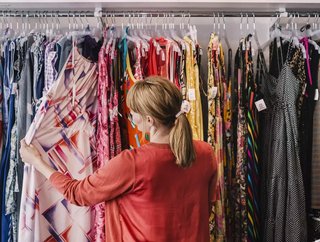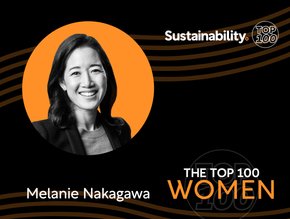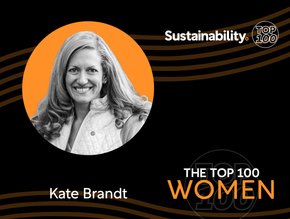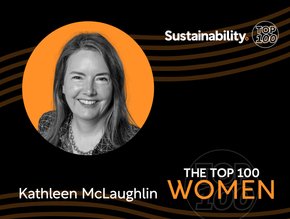Second-hand clothing market set to hit $77b

Whether it is the plight of the environment and its impact from fast-fashion or the enduring joy of Marie Kondo, the second-hand clothing market is expected to reach $77b within the next five years - outgrowing the retail clothing sector.
thredUp, a fashion resale platform blames Generation Z and is capitalising on the trend. The company is headquartered in California and was founded in 2009.
Reused, reloved, recycled clothes
Charity shops, Thrift shops or Op shops - whatever you call them, are joyful shops sometimes served by volunteers, which resell used items at a discounted price.
Second-hand shopping became popular during the Second World War, when clothes were rationed. For decades, it struggled to rebrand itself from the minds of many as somewhere for the bombed-out or destitute to find cheap clothes, with some parents banning their fashion-conscious offspring from browsing inside such a shop, in case neighbours assumed the family had fallen on hard times.
It was only once recycling and responsible shopping became the norm and fast fashion’s imprint common knowledge, that public opinion shifted. The phrase reused, reloved, recycled reprinted across the collective consciousness.
The media publishing details of supermodel Kate Moss donating her old clothes to her local Oxfam helped too.
Businesses have moved to introduce reuse policies, from Lego inviting customers to donate their used bricks for kids in need, to H&M collecting old garments in exchange for vouchers.
Gen Z and the circular economy
thredUp suggests that it is Generation Z (born between 1997 and 2012) who have pushed for circular fashion habits, as they have grown up with recycling being a mainstream action, not a choice.
According to the company, Gen Z is 165% more likely than the Baby Boomer generation to consider the resale value of clothing before buying it - like collectable art.
“We are in the early stages of a radical transformation in retail”, said James Reinhart, thredUP Co Founder & CEO. “Consumers are prioritising sustainability, retailers are starting to embrace resale, and policy makers are getting on board with the circular economy. Pollutive industries have the power to transform when technological innovation collides with the motivations of consumers, businesses, and government. We’ve seen it with electric cars, solar energy, and next, circular fashion. With this year’s Resale Report, we hope to shine a light on the positive power of resale, and create a catalyst for further collaboration and action across the industry.






